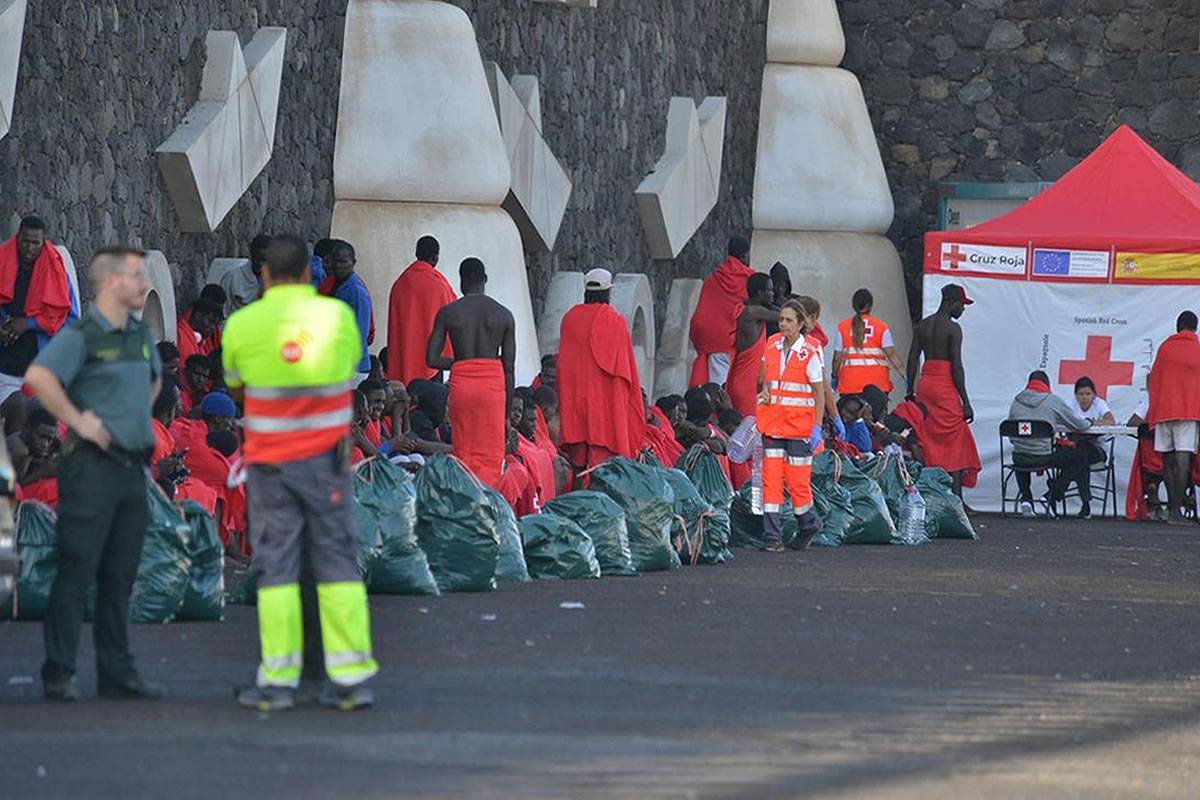Government declares state of emergency in the Canary Islands due to the migration crisis
- 19-10-2023
- National
- Canarian Weekly
- Photo Credit: Stock Image
The Ministry of Inclusion, Social Security, and Migration has declared a state of emergency in the Canary Islands in response to the surge of migrants arriving on the island in recent weeks by boat from Africa. This emergency measure, as stipulated in Spanish legislation and previously employed in other crisis situations, is intended to provide more immediate support for the needs of migrants.
Sources within the ministry, headed by José Luis Escrivá, explained to Europa Press that this declaration is an administrative procedure and a mechanism specified in the Public Sector Contracts Act "that allows for immediate action in the face of unforeseen events."
Migrations, in particular, emphasized that this emergency tool had been used during the 2020 migration crisis, at the height of the COVID pandemic, and when displaced Ukrainians arrived in Spain. "It has a long history in our country and has been activated many times," they emphasized.
On this occasion, the sources consulted explained that the declaration is activated "to meet the needs of migrant care, excluding certain bureaucratic requirements that would lengthen the procedures in the ordinary process." This mechanism is meant to "shorten timelines".
The number of people who have arrived by boat to the archipelago so far this year has increased by 79.4% compared to the same period last year, with a total of 23,537 intercepted persons, which is 10,415 more than in 2022. In the first half of October, 8,561 irregular migrants have entered the islands.
Furthermore, the government announced on Monday its plans to send a Guardia Civil plane to patrol the region of Senegal in the fight against migration. Additionally, another plane will be deployed to permanently patrol the Canary Islands looking for boats.
Other articles that may interest you...
Trending
Most Read Articles
Featured Videos
TributoFest: Michael Buble promo 14.02.2026
- 30-01-2026
TEAs 2025 Highlights
- 17-11-2025



























































